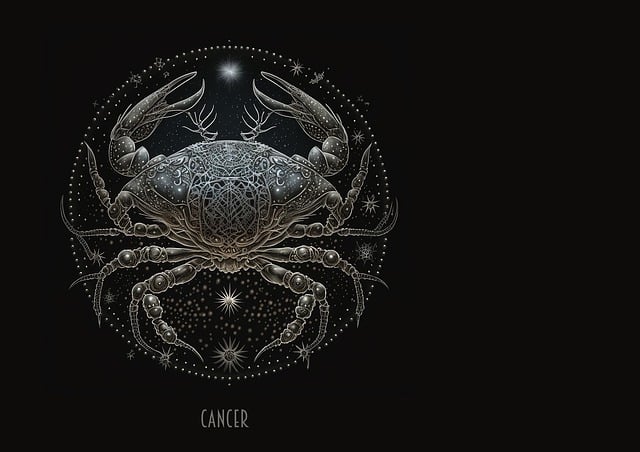Since its first outbreak in 2020, the H5N1 virus, a highly contagious strain of bird flu, has been spreading around the world. Unlike previous strains, which have predominantly infected wild birds and domestic poultry, H5N1 has infected and killed many animals that the bird flu has never afflicted before, such as sea lions and polar bears.
Among the animals that have contracted H5N1 are common pets like cats, ferrets, and dogs. If you own a pet, you’ll want to protect them from this devastating disease. This article will explain how bird flu can spread to pets and how you can reduce the risk of them contracting it.
How Can Bird Flu Spread to My Pets?
https://gty.im/1258268316
Wild birds like ducks, geese, and seagulls carry the bird flu virus in their intestines and respiratory tracts and shed it out in their saliva, feces, or other bodily fluids. As the virus mutates, it can spread from wild birds to other animals including chickens, cows, foxes, and bears. Those animals can contract the virus by directly interacting with or eating the infected birds, interacting with animals the birds infected, inhaling the virus, or touching a surface where the virus lies and getting it in their eyes, noses, or mouths.
Your cat, dog, or ferret can contract the virus in similar ways. If your pet spends a lot of time outdoors, they could hunt, eat, or otherwise be exposed to sick or dead birds infected by the virus. Even if they don’t directly encounter any birds, they might interact with objects or bodies of water that are contaminated with infected saliva, feces, or bodily fluids. Ferrets have contracted the virus after having direct contact with infected animals. Indoor animals are less likely to come in contact with things that carry the virus.
Pets can also contract the disease by drinking raw milk or eating raw meat that comes from infected animals. Domestic, feral, and barn cats have contracted the virus after hunting and eating infected mice or drinking raw milk from infected cattle. Cats and dogs can also contract the virus from raw pet food if it contains flesh from infected animals and hasn’t been properly inspected.
What Happens to Pets That Contract Bird Flu?
Cats that contract bird flu tend to develop numerous symptoms, including fevers, loss of appetite, difficulty breathing, stiffness, seizures, and occasionally blindness. They can also transfer the virus by directly interacting with other animals or spreading it via their saliva. According to University of Maryland infectious disease researcher Kristin Coleman, bird flu has a 67% fatality rate among cats. In an experimental infection study, the Centers for Disease Control (CDC) showed that ferrets have also gotten sick and died after contracting the virus.
Dogs appear to be less susceptible to bird flu than either cats or ferrets are. In a study published in their Emerging Infectious Diseases journal in June 2024, the CDC showed that only four out of 194 waterfowl hunting dogs whose blood samples they collected had developed antibodies to fight bird flu. Furthermore, none of the dogs developed any symptoms or transferred the virus to other animals. If a dog does show symptoms of bird flu, they experience similar ones to cats, as well as ones like lethargy and conjunctivitis (pink eye).
Though your pet might transfer the bird flu virus to you, this happens very rarely. People who regularly work with or care for infected animals, such as veterinarians, zookeepers, animal shelter workers, and farmers, have occasionally contracted bird flu in their lines of work. In this current outbreak, however, only four cases of humans contracting the virus have been reported in the United States. Humans who contract the flu experience symptoms similar to seasonal flu, such as fevers, headaches, and runny noses.
How Can I Protect My Pet From Getting Bird Flu?
Since pets risk encountering infected birds more when they’re outside, you should limit the unsupervised time they spend outdoors to reduce their risk of exposure to the virus. You and your pet should both avoid any direct contact with wild birds and only view them from a distance. If you were anywhere near any bird droppings, you should clean your shoes when you get home and keep them out of reach of your pets. You might also want to remove any bird feeders or baths in your yard to reduce the risk of infected birds spreading the virus.
Avoid giving your cat or dog raw milk or raw meat of unknown origin. Not only are raw milk and meat more likely to carry the pathogens of infectious diseases like salmonella, listeriosis, and even bird flu, but also many raw pet food providers aren’t always transparent about the processes they use to prevent pets from being exposed to these diseases. According to government agencies like California’s Department of Food and Agriculture, milk that’s been pasteurized and meat that’s been properly prepared and cooked are much safer for your pet to eat.
If your pet shows any bird flu symptoms, take them to the vet immediately; though there’s no specific treatment for the virus in pets, they can provide supportive care like fluids, medications, and breathing treatments to help the animal. If you notice a sick, injured, or dead bird, don’t try to pick it up yourself; report it to your local wildlife agency or SPCA instead. If you were exposed to a potentially infected animal and feel any flu symptoms, reach out to your local health department for testing and treatment options.
Final Thoughts
As the H5N1 virus continues spreading and infecting many wild and domestic animals, anyone who owns or works with animals should understand how it spreads and what effects it has on infected animals. Pet owners should know that cats, dogs, ferrets, and other pets can contract the disease, although some are more susceptible to its symptoms than others.
You should take steps to prevent your pets from being exposed to bird flu; you should bring them to your vet if they display any symptoms. Though the spread of the highly contagious H5N1 virus might be scary, you can take steps to help protect your pets from its worst effects.
For More Great Content
Total Apex is an all-encompassing content producer. We provide heavily detailed articles every day on entertainment, gaming, sports, and so much more! Check out all our great sports content at Total Apex Sports. Check us out on X @TotalApexEandG and our other sites: Total Apex Sports Bets and Total Apex Fantasy Sports.








